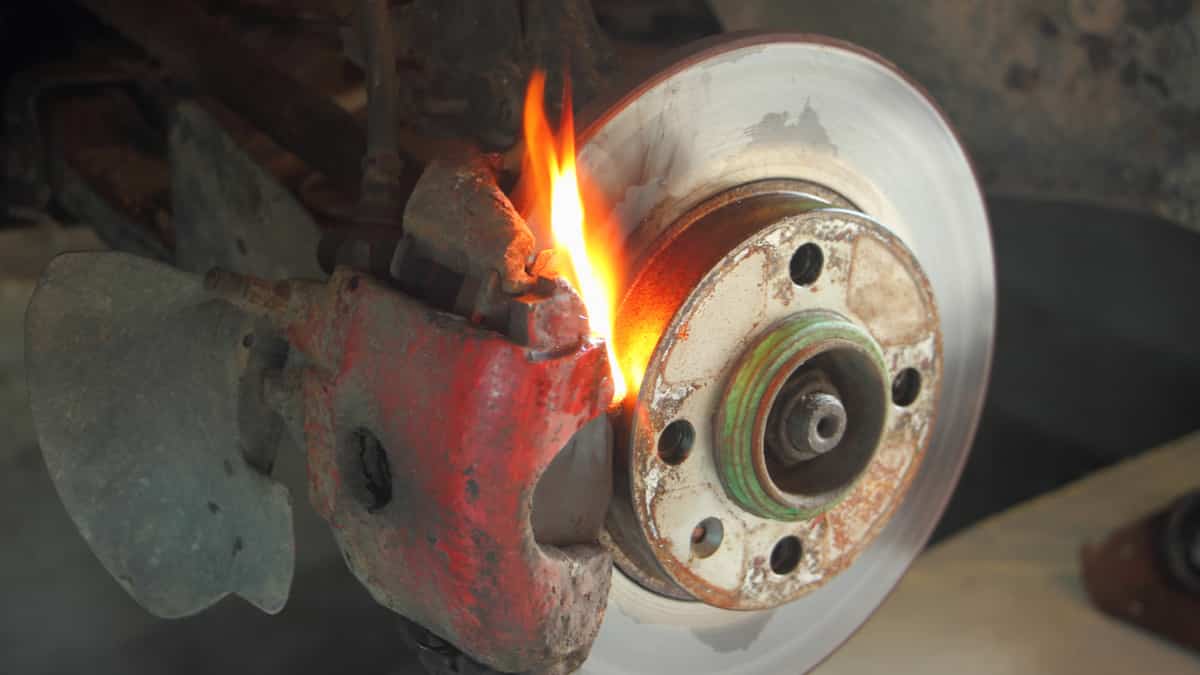

Articles
Why Do Calipers Stick
Modified: February 22, 2024
Discover the reasons why calipers stick with our informative articles. Find practical solutions to prevent and fix this common issue for smoother and safer driving.
(Many of the links in this article redirect to a specific reviewed product. Your purchase of these products through affiliate links helps to generate commission for Storables.com, at no extra cost. Learn more)
Introduction
Calipers are an essential component of a vehicle’s braking system. They play a crucial role in ensuring efficient and effective braking performance. However, like any mechanical part, calipers can sometimes encounter issues that affect their proper functioning. One common problem that vehicle owners may experience is caliper sticking.
Caliper sticking refers to the condition where the caliper fails to release properly after the brake pedal is released. This causes the brake pads to remain in contact with the rotor, resulting in friction and heat build-up. Not only can caliper sticking reduce braking performance, but it can also lead to severe damage if left unaddressed.
In this article, we will explore the reasons why calipers stick, along with the impact it can have on a vehicle’s performance. We will also discuss the symptoms of stuck calipers, potential damages caused by caliper sticking, and provide tips on prevention and maintenance. Lastly, we will touch upon when it is advisable to seek professional help for caliper-related issues.
Key Takeaways:
- Caliper sticking can lead to reduced braking efficiency, uneven pad wear, and potential component damage. Regular maintenance and prompt repairs are crucial to ensure optimal braking performance and vehicle safety.
- Recognizing symptoms of stuck calipers, such as unusual odors, pulling during braking, and increased pedal effort, can prompt timely action to diagnose and resolve the issue. Seeking professional help for persistent caliper sticking is essential for safe and reliable braking.
Read more: Why Do Calipers Lock Up
Definition of Calipers
Before delving into the causes and implications of caliper sticking, let’s first understand what calipers are and their role in a vehicle’s braking system.
Calipers are mechanical devices used to clamp the brake pads onto the brake rotor when the brake pedal is applied. They are typically found in disc brake systems and are responsible for converting the hydraulic pressure generated by the brake master cylinder into mechanical force to stop the vehicle. Calipers are located on each wheel and contain pistons that push the brake pads against the rotor, creating friction and generating the necessary stopping power.
There are two main types of calipers: floating calipers and fixed calipers. Floating calipers have a single piston and are designed to move laterally to apply pressure on one side of the rotor. On the other hand, fixed calipers have multiple pistons on both sides of the rotor, providing more even clamping force and improved braking performance.
It’s important to note that calipers work in conjunction with other components of the braking system, such as brake lines, brake master cylinder, and brake fluid. This integrated system ensures efficient braking power and allows for safe and controlled stopping of the vehicle.
The Importance of Proper Caliper Functioning
Proper caliper functioning is vital to ensure the safety and performance of a vehicle’s braking system. When calipers operate correctly, they allow for smooth and consistent braking, allowing drivers to maintain control and bring the vehicle to a stop safely.
One of the key reasons why proper caliper functioning is crucial is because it directly affects the braking efficiency. When the brake pedal is pressed, the caliper’s pistons push the brake pads against the rotor, creating friction that slows down and stops the vehicle. If the calipers stick and fail to release properly, the brake pads will continue to rub against the rotor, causing excessive heat and reducing the effectiveness of the braking system.
Moreover, proper caliper functioning also contributes to even brake pad wear. When calipers operate correctly, the brake pads make uniform contact with the rotor, resulting in even wear across the pads’ surface. However, if the calipers stick, certain areas of the brake pads may experience more friction, leading to uneven wear and potentially causing brake noise and vibrations.
Another aspect of proper caliper functioning is the prevention of premature brake component wear and damage. When the calipers stick, the prolonged contact between the brake pads and rotor can cause them to wear down faster than normal. Additionally, the increased heat generated by the friction can warp or distort the rotor, leading to uneven braking and potential brake pulsations.
Ultimately, maintaining and ensuring proper caliper functioning is crucial for not only the vehicle’s performance and stopping power, but also for the overall safety of the driver, passengers, and others on the road. Regular inspection and maintenance of the caliper system can help prevent issues like caliper sticking and ensure that the braking system operates optimally under varying driving conditions.
Common Causes of Caliper Sticking
Understanding the common causes of caliper sticking is essential in identifying and addressing potential issues with the braking system. Several factors can contribute to caliper sticking, and being aware of them can help vehicle owners take proactive measures to prevent this problem. Here are some of the primary causes:
- Corrosion and Contamination: Exposure to moisture, road salt, and other environmental elements can cause caliper components to corrode or become contaminated over time. Rust or debris accumulation can hinder the smooth movement of the caliper pistons, leading to sticking.
- Brake Fluid Contamination: Contaminated brake fluid, such as moisture or inadequate quality fluid, can adversely affect the caliper’s internal components. It can cause the piston seals to swell or deteriorate, leading to improper caliper functioning.
- Worn or Damaged Caliper Slides: Caliper slides are crucial for the proper movement and alignment of the caliper. If the slides become worn, corroded, or damaged, they can impede the movement of the caliper, resulting in sticking.
- Improper Lubrication: Insufficient or improper lubrication of the caliper slides, pins, and hardware can cause friction and restrict the smooth movement of the caliper. This can lead to sticking and uneven brake pad wear.
- Overheating: Excessive heat generated from intense braking or aggressive driving can cause the brake components, including the caliper, to overheat. This can lead to the expansion of the caliper pistons, causing them to stick and fail to retract.
- Brake Hose Restriction: A damaged or deteriorated brake hose can restrict the flow of brake fluid to the caliper, leading to caliper sticking. Any blockage or restriction in the brake hose can prevent the proper release of the caliper after applying the brakes.
Understanding these common causes of caliper sticking can help vehicle owners identify potential issues and take appropriate measures to prevent or address them. Regular inspections, proper lubrication, and maintenance of the braking system can significantly reduce the likelihood of caliper sticking and ensure optimal braking performance.
Effect of Caliper Sticking on Vehicle Performance
Caliper sticking can have a significant impact on the overall performance and safety of a vehicle. It affects not only the braking system but also the driving experience. Here are some of the key effects of caliper sticking on vehicle performance:
- Reduced Braking Efficiency: When calipers stick, the brake pads remain in contact with the rotor even when the brake pedal is released. This constant friction generates heat, causing the brake pads to wear down quickly and reducing their effectiveness. As a result, the braking efficiency and the ability to bring the vehicle to a complete stop are compromised.
- Uneven Brake Pad Wear: Caliper sticking can lead to uneven brake pad wear. The brake pads may experience more friction in certain areas, causing them to wear down unevenly. This can result in brake noise, vibrations, and reduced braking performance. It may also require premature replacement of the brake pads.
- Increased Brake Fade: Brake fade refers to the loss of braking power due to overheating of the braking system. When the calipers stick, the continuous contact between the brake pads and the rotor generates excessive heat. This heat buildup can lead to brake fade, reducing the vehicle’s ability to slow down or stop effectively, particularly during prolonged or heavy braking.
- Uneven Braking and Pulling: A stuck caliper can cause uneven braking, where one wheel may be applying more braking force than the others. This can lead to pulling or steering imbalance, making it challenging to maintain control of the vehicle and causing an unsafe driving condition.
- Brake Overheating and Component Damage: Caliper sticking results in prolonged contact between the brake pads and the rotor, generating excessive heat. This can lead to overheating of the entire braking system, including the caliper, brake pads, and rotor. The intense heat can warp or distort the rotor, damage the caliper seals, and potentially cause brake fluid boiling. These damages require expensive repairs and replacements.
It’s important for drivers to be aware of the effects of caliper sticking on their vehicle’s performance. Regular maintenance and inspections can help identify caliper sticking issues early on, allowing for timely repairs or replacements of the affected components. By addressing caliper sticking promptly, drivers can maintain optimal braking performance and ensure a safe and enjoyable driving experience.
Regular cleaning and lubrication of the caliper slide pins and rubber bushings can help prevent calipers from sticking. Use a high-temperature brake grease for best results.
Read more: Why Do Pictures Stick To Glass In Frame
Symptoms of Stuck Calipers
Identifying the symptoms of stuck calipers is crucial in diagnosing potential issues with the braking system. Being aware of these signs can help drivers take prompt action to address caliper sticking problems. Here are some common symptoms to watch out for:
- Unusual Brake Smell: A stuck caliper can cause excessive heat buildup in the braking system, resulting in a distinct burning or chemical odor. If you notice a strong smell coming from the wheels after driving or applying the brakes, it could be an indication of caliper sticking.
- Burning Brake Odor: Another telltale sign of stuck calipers is a burning brake odor. This smell may arise from the brake pads continuously rubbing against the rotor due to the caliper not releasing properly. If you smell a distinctive burning odor, it’s crucial to have your braking system inspected promptly.
- Pulling or Uneven Braking: Stuck calipers can cause uneven braking, leading to pulling to one side when applying the brakes. You may notice the vehicle pulling to the left or right, making it difficult to maintain straight-line braking. This is a clear sign of caliper sticking and should be resolved as soon as possible.
- Increased Brake Pedal Effort: If you find yourself having to apply more force than usual to the brake pedal, it may be an indication of a stuck caliper. Caliper sticking can create extra resistance in the braking system, requiring additional effort to bring the vehicle to a stop.
- Excessive Brake Pad Wear: When a caliper sticks, it causes uneven brake pad wear. Inspecting the brake pads regularly can help identify whether one or more pads are wearing down significantly faster than the others. Uneven pad wear is a sign that the caliper is not releasing properly and should be addressed promptly.
- Hot Wheels or Rotor: After driving, if you notice that one or more wheels or the rotor feels excessively hot to the touch, it may indicate a stuck caliper. The caliper’s continuous contact with the rotor generates heat, causing the affected components to become excessively hot.
Should you experience any of these symptoms, it is crucial to have your vehicle inspected by a qualified mechanic or professional technician. They can diagnose the issue and recommend the appropriate course of action to address the caliper sticking problem, ensuring the safety and performance of your vehicle’s braking system.
Potential Damage Caused by Caliper Sticking
Caliper sticking can lead to various types of damage to the braking system and other components of the vehicle. Ignoring or neglecting caliper sticking issues can result in costly repairs and compromise the safety of the vehicle. Here are some potential damages that can occur due to caliper sticking:
- Accelerated Brake Pad Wear: When a caliper sticks, the brake pads remain in constant contact with the rotor, causing them to wear down quickly. This accelerated wear not only necessitates more frequent brake pad replacements but can also lead to uneven pad wear, resulting in reduced braking efficiency and increased brake noise.
- Warped or Damaged Rotor: The continuous friction caused by a stuck caliper can generate excessive heat, leading to rotor warping or distortion. A warped or damaged rotor can cause pulsations or vibrations during braking, compromising the smooth operation of the braking system.
- Increased Brake Fade: Caliper sticking generates excess heat in the braking system, which can result in brake fade. Brake fade occurs when the brakes lose their effectiveness due to overheating. This can compromise the vehicle’s stopping power and lead to potential accidents or collisions.
- Brake Fluid Contamination: If a stuck caliper causes the brake pad to wear unevenly or accelerates the breakdown of the caliper seals, it can contaminate the brake fluid. Contaminated brake fluid can lead to degraded braking performance and may require flushing and replacement of the fluid.
- Seized Caliper Pistons: Prolonged caliper sticking can cause the caliper pistons to seize or become immobile. Seized caliper pistons prevent proper brake pad retraction, resulting in constant brake pad-to-rotor contact. This not only affects braking performance but can also lead to increased heat and accelerated wear on the brake components.
- Costly Repairs: Ignoring caliper sticking issues can lead to more severe damage to the braking system and other related components. Repairing or replacing a damaged caliper, rotor, or other brake components can be costly, potentially requiring a complete overhaul of the braking system.
It’s important to address caliper sticking problems as soon as they are detected to minimize potential damage. Regular maintenance, inspections, and prompt repairs of the braking system can help prevent severe damage and ensure the safe and reliable operation of your vehicle.
Prevention and Maintenance Tips to Avoid Caliper Sticking
Taking preventive measures and practicing proper maintenance can help avoid caliper sticking issues and ensure the longevity and optimal performance of your vehicle’s braking system. Here are some essential tips to prevent caliper sticking:
- Regular Inspection: Conduct regular visual inspections of the braking system, including the calipers, brake pads, and rotors. Look for signs of corrosion, damage, or sticking. If you notice any abnormalities, have a professional technician inspect and address the issue promptly.
- Clean Wheels and Brake Components: Regularly clean your wheels and the brake components to remove dirt, grime, and debris that can accumulate over time. Use a soft brush, mild detergent, and water to clean the calipers, brake pads, and rotors. This helps prevent the buildup of contaminants that can contribute to caliper sticking.
- Lubrication: Proper lubrication of the caliper slides, pins, and hardware is crucial to ensure smooth movement. Use a high-temperature brake lubricant recommended by the vehicle manufacturer to lubricate these components. Be cautious not to apply excessive lubrication, as it can attract dirt and debris.
- Flush and Replace Brake Fluid: Brake fluid plays a crucial role in the proper functioning of the braking system. Over time, brake fluid can become contaminated or degrade, leading to caliper sticking. Regularly flush and replace the brake fluid as recommended by the manufacturer to maintain optimal performance and prevent caliper issues.
- Brake Pad Replacement: Replace brake pads as recommended by the vehicle manufacturer. Worn-out brake pads can contribute to caliper sticking. Ensuring the brake pads are in good condition and have sufficient thickness helps maintain proper caliper function and braking performance.
- Address Rust and Corrosion: Address any signs of rust or corrosion promptly. Rust can hinder the movement of the caliper pistons and contribute to caliper sticking. Use a wire brush or sandpaper to remove surface rust and apply an appropriate anti-rust coating to protect the calipers from further corrosion.
- Proper Driving Habits: Avoid excessive or aggressive braking, as it can generate more heat in the braking system. This heat can contribute to caliper sticking. Practice smooth braking and allow sufficient time and distance for gradual deceleration to minimize stress on the calipers.
By following these preventive measures and practicing regular maintenance, you can significantly reduce the chances of caliper sticking and ensure the longevity and performance of your vehicle’s braking system. If you have any concerns or notice any signs of caliper sticking, it’s always advisable to consult with a professional mechanic or technician for proper diagnosis and repairs.
When to Seek Professional Help
While understanding the common causes and symptoms of caliper sticking can be helpful, it’s important to know when to seek professional help for proper diagnosis and resolution of the issue. Here are some instances where it is recommended to consult a qualified mechanic or professional technician:
- Persistent Caliper Sticking: If you’ve attempted basic maintenance and lubrication methods but still experience persistent caliper sticking, it’s time to seek professional help. A trained technician can thoroughly inspect the braking system, identify the root cause of the problem, and perform the necessary repairs or replacements.
- Brake Pedal Issues: If you notice any unusual behavior with the brake pedal, such as excessive resistance, softness, or sinking to the floor, it is essential to have a professional inspection. These symptoms may indicate issues beyond caliper sticking, such as problems with the brake master cylinder or brake lines, which require professional attention.
- Uneven Brake Pad Wear: If you notice uneven wear patterns on the brake pads, where one side is excessively worn compared to the other, it’s advisable to consult a professional. Uneven brake pad wear may indicate underlying issues with caliper functionality, brake hardware, or alignment that need proper diagnosis and repair.
- Brake Noise and Vibrations: Unusual brake noise, such as grinding, squealing, or scraping, as well as vibrations during braking, should be addressed by a professional. These symptoms may point to worn-out brake pads, damaged rotors, or other issues that require inspection and appropriate repairs.
- Seized Caliper Pistons: If you suspect or notice that one or more caliper pistons are seized or immobile, it is crucial to seek professional assistance. Seized caliper pistons prevent proper braking performance and may require specialized tools and expertise to resolve the issue.
- Any Brake System Warning Lights: If the brake system warning light on your vehicle’s dashboard is illuminated, it indicates a potential issue with the braking system, including caliper sticking. It’s important to have the vehicle inspected by a professional to diagnose the root cause of the warning light and prevent further damage or safety risks.
Remember, your safety and the proper functioning of your vehicle’s braking system are of utmost importance. If you’re unsure about any brake-related issues or encounter persistent caliper sticking problems, it’s always recommended to consult a qualified mechanic or professional technician who has the knowledge and expertise to diagnose and resolve the issue effectively.
Read more: Why Do My Waffles Stick To The Waffle Iron
Conclusion
Caliper sticking is a common issue that can affect the performance and safety of a vehicle’s braking system. Understanding the causes, effects, and preventive measures can help minimize the likelihood of encountering this problem and ensure optimal braking performance.
In this article, we explored the definition of calipers and their importance in the braking system. We discussed the common causes of caliper sticking, including corrosion, contamination, worn slides, improper lubrication, and overheating. We also highlighted the effects of caliper sticking on vehicle performance, such as reduced braking efficiency, uneven brake pad wear, increased brake fade, and potential component damage.
Recognizing the symptoms of stuck calipers, such as unusual odors, pulling during braking, increased pedal effort, and hot wheels or rotor, can prompt timely action to diagnose and resolve the issue. Ignoring caliper sticking can result in accelerated brake pad wear, warped rotors, brake fade, contaminated brake fluid, seized caliper pistons, and costly repairs.
Implementing preventive measures and practicing proper maintenance can help prevent caliper sticking. Regular inspections, cleaning, lubrication, proper brake fluid replacement, brake pad replacement, addressing rust or corrosion, and maintaining good driving habits can go a long way in maintaining the integrity of the braking system and avoiding caliper sticking problems.
However, if the caliper sticking persists, or there are issues with the brake pedal, uneven brake pad wear, abnormal brake noises or vibrations, or any warning lights related to the braking system, it’s important to seek professional help. A trained technician can diagnose and address the underlying cause of the problem, ensuring a safe and reliable braking system.
Remember, proper caliper functioning is crucial for your safety and the performance of your vehicle. Pay attention to any signs of caliper sticking, perform regular maintenance, and don’t hesitate to consult a professional when needed. By prioritizing the health of your braking system, you can enjoy a smooth and secure driving experience for years to come.
Frequently Asked Questions about Why Do Calipers Stick
Was this page helpful?
At Storables.com, we guarantee accurate and reliable information. Our content, validated by Expert Board Contributors, is crafted following stringent Editorial Policies. We're committed to providing you with well-researched, expert-backed insights for all your informational needs.
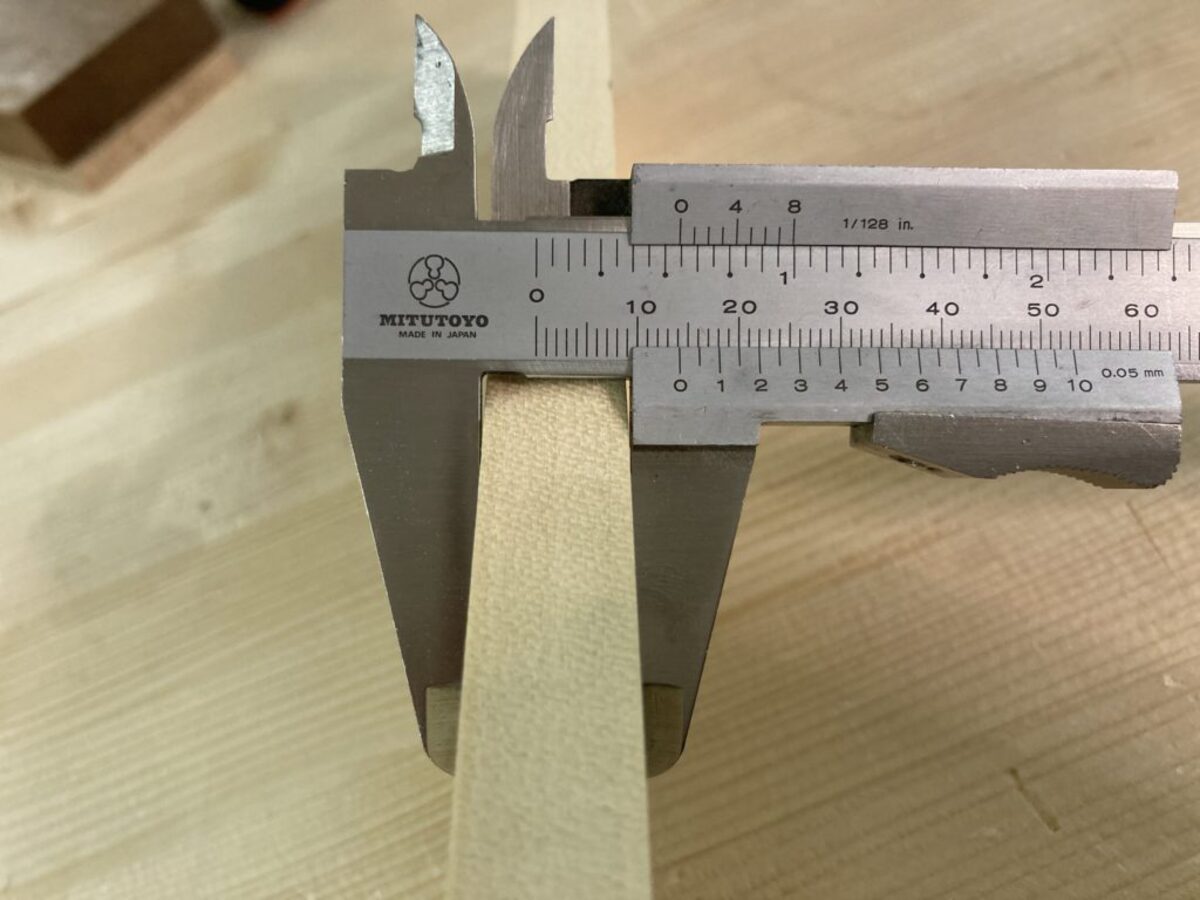
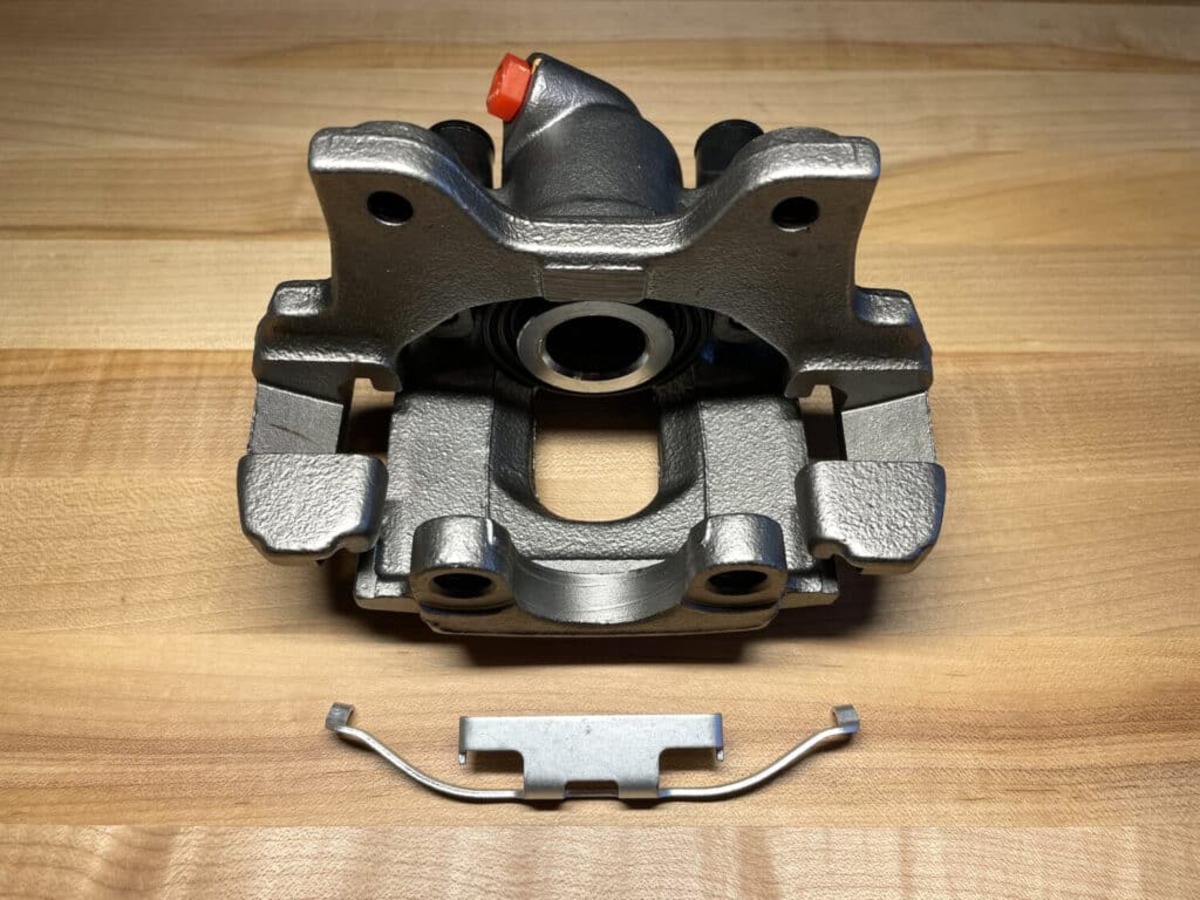


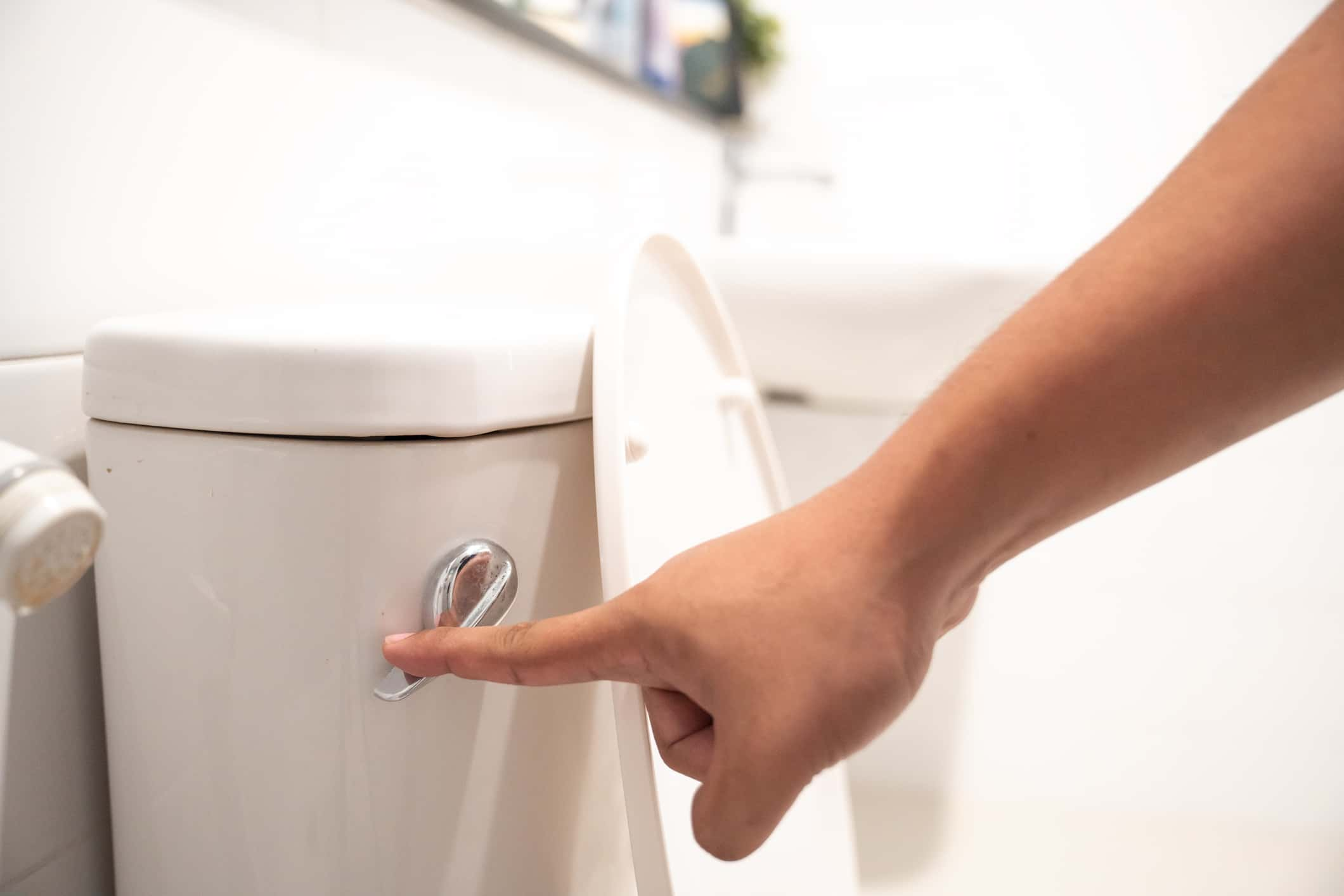
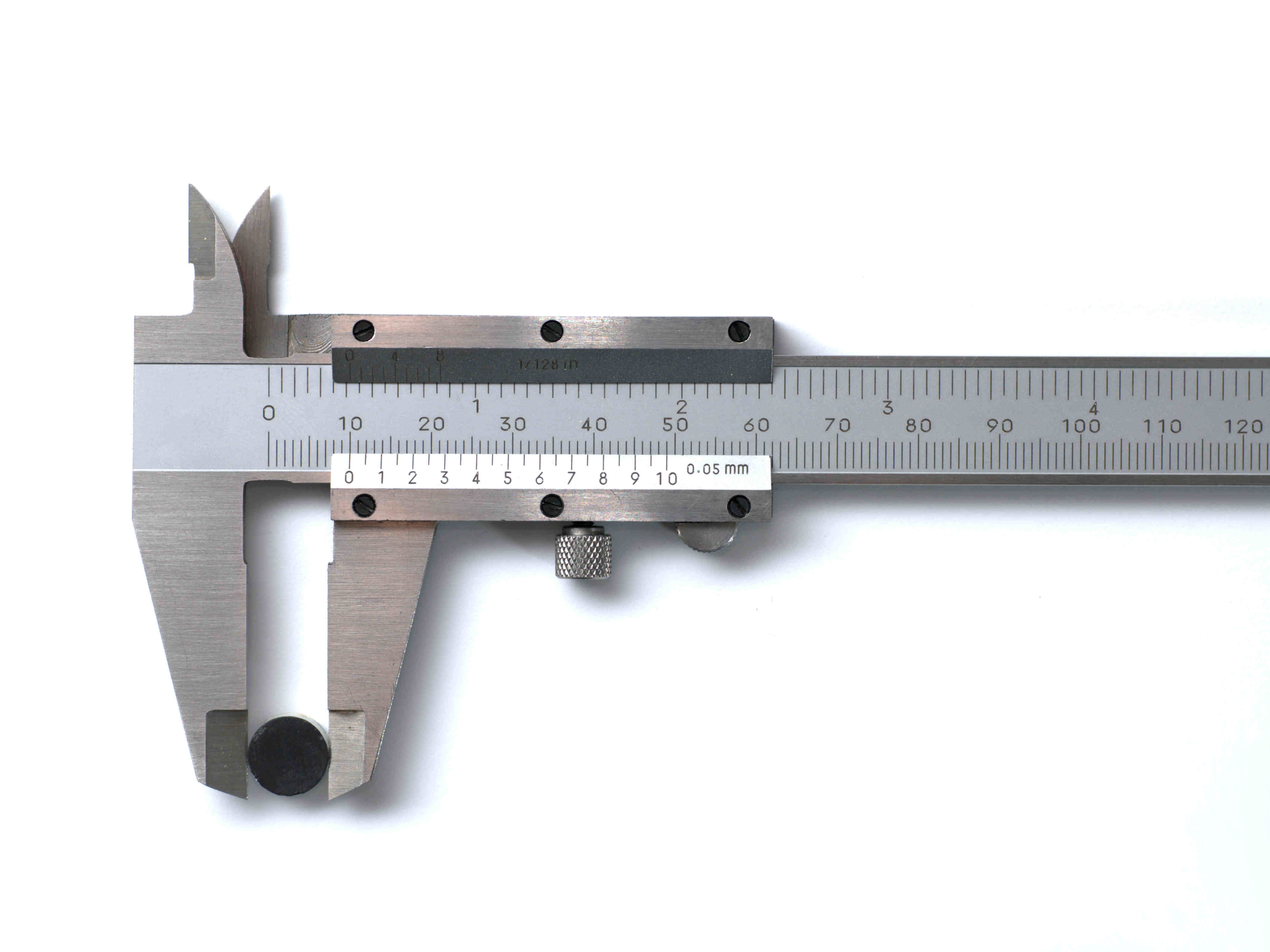

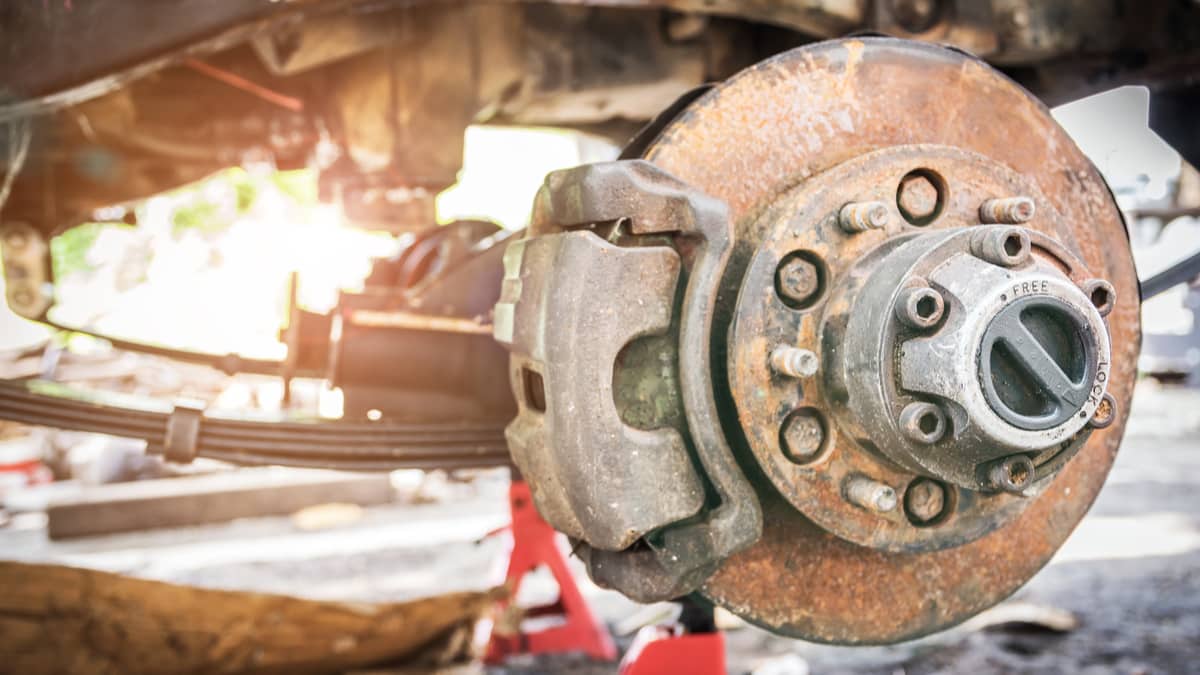

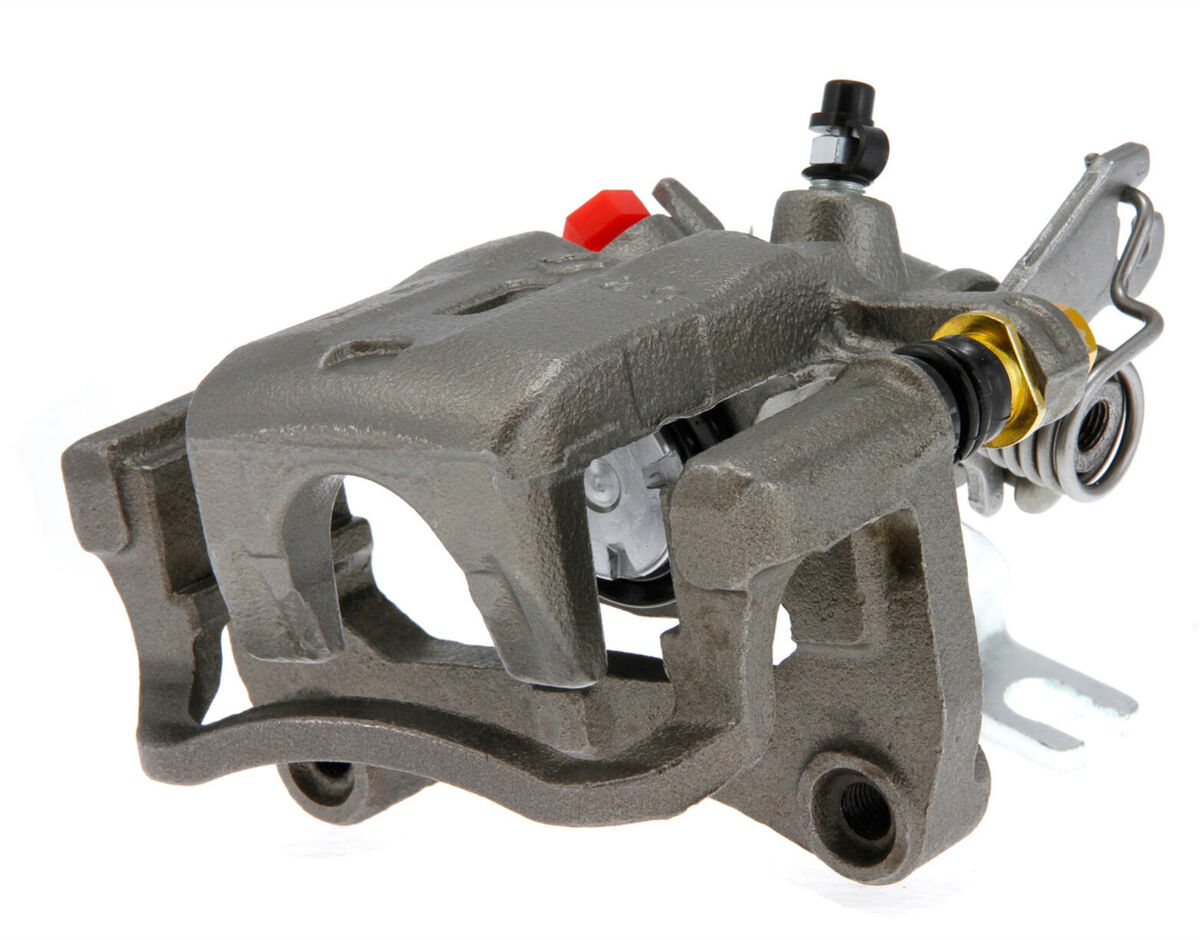
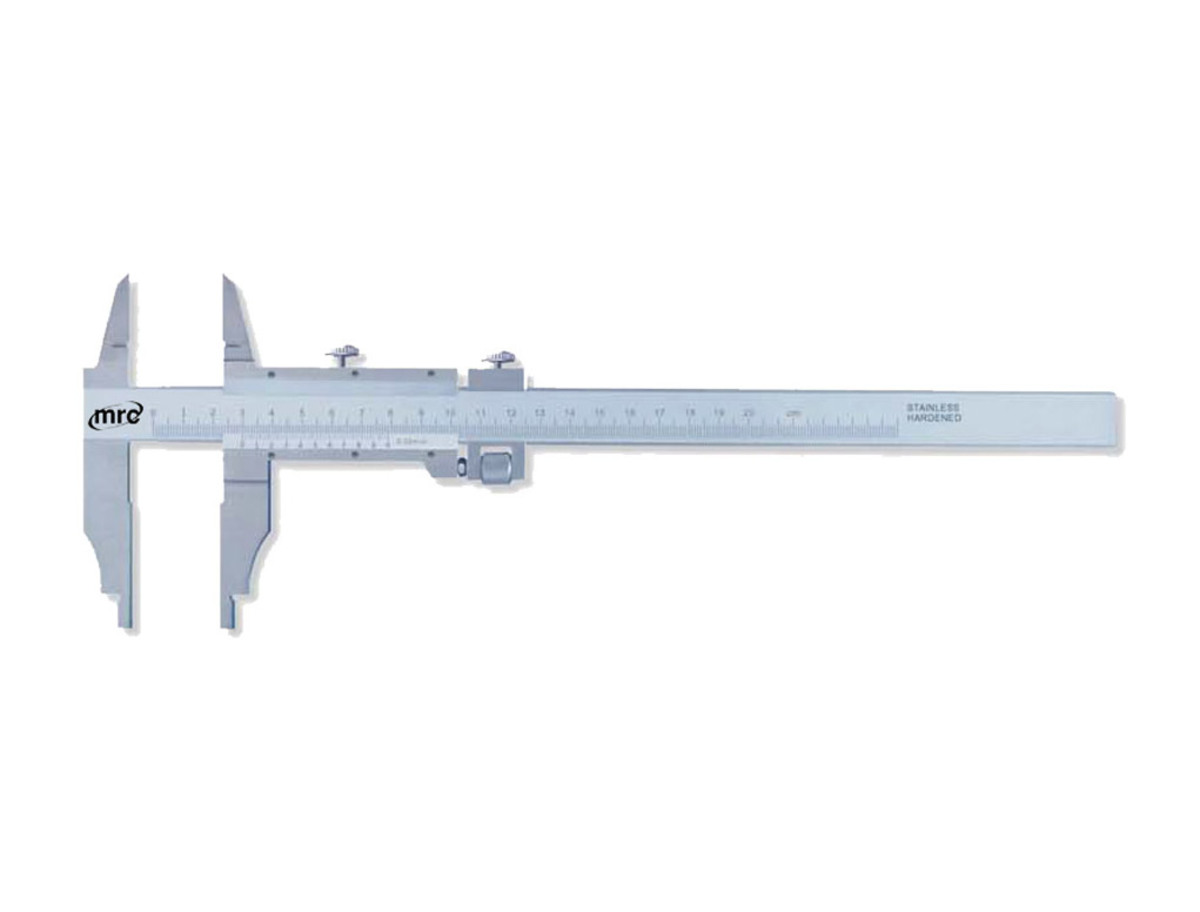
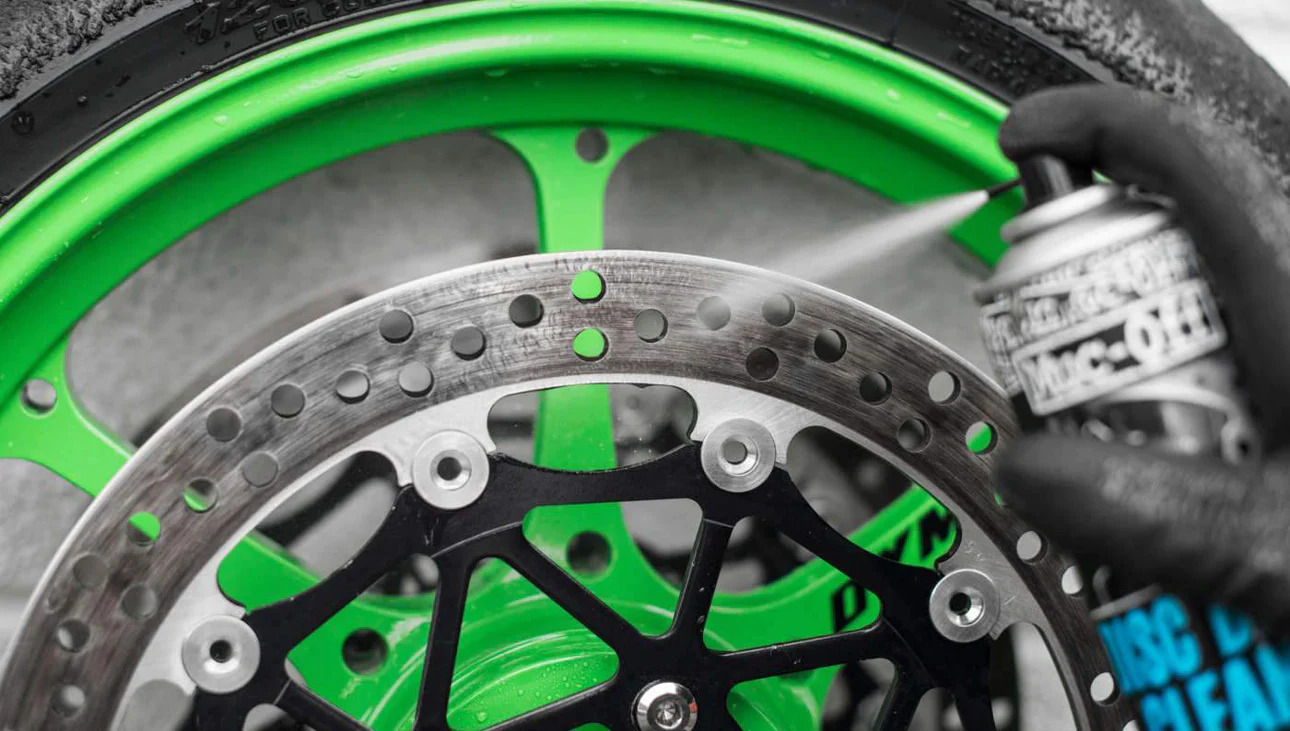
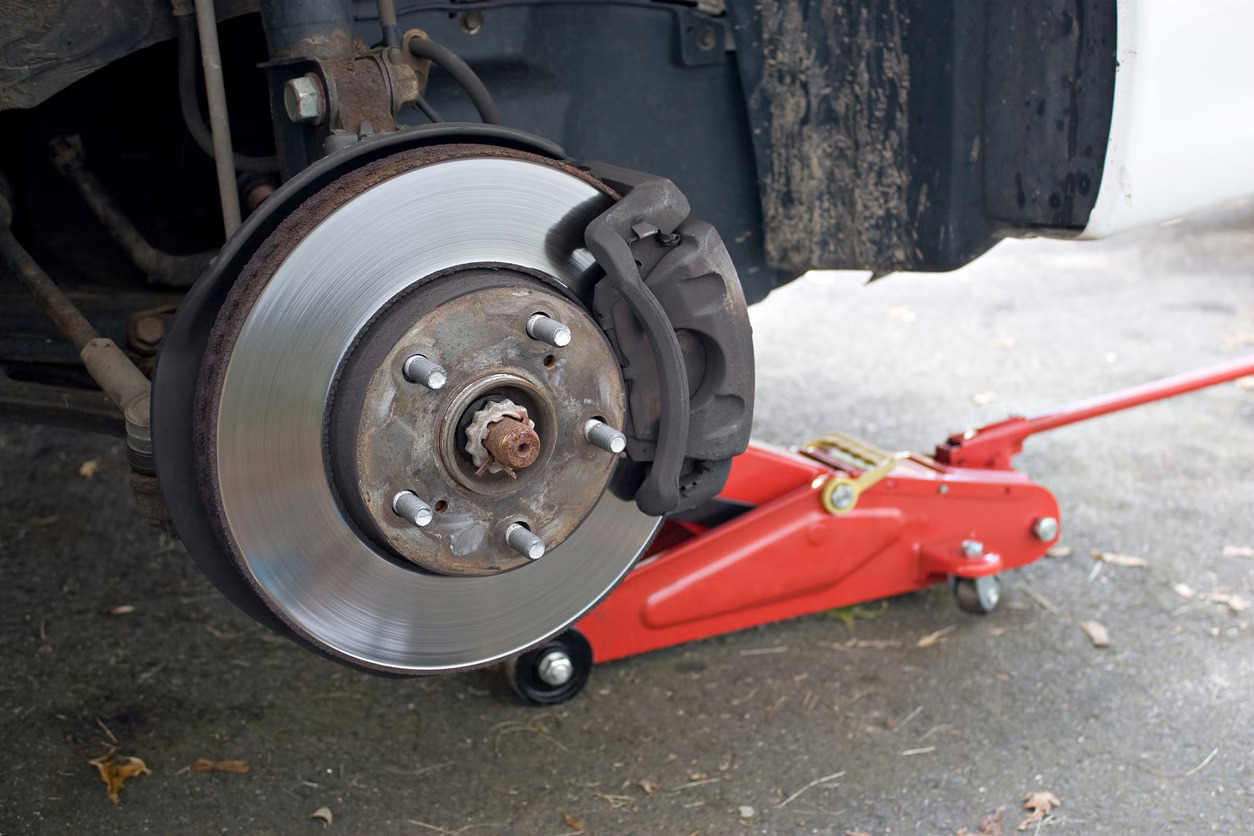

0 thoughts on “Why Do Calipers Stick”